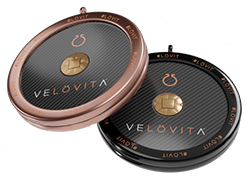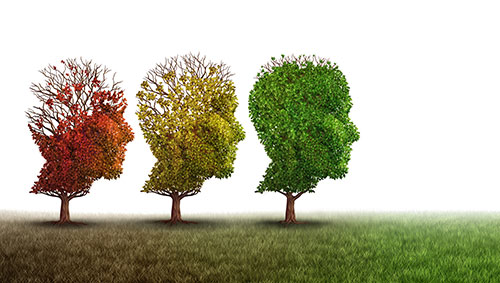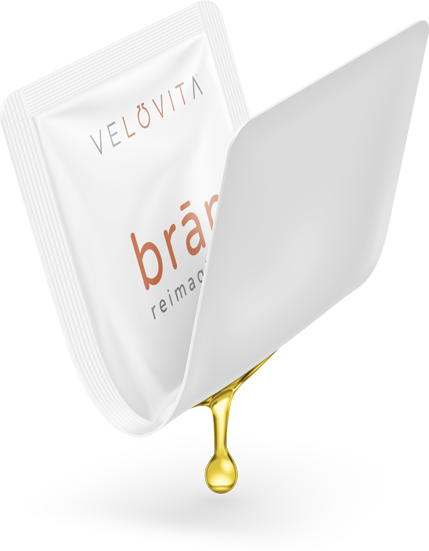The meaning of Cognitive health is having the ability to think clearly, remember, and learn. Motor skill functions along with sensory and emotional responses indicate neuropathological damage resilience.
The Meaning of Cognitive Health & the Word On Research
From the research I have gathered, some may not believe the evidence is favorable toward memory-boosting supplements and if they are even helpful. However, as I read the evidence from those who have actually tried these supplements; well, they believe quite the contrary.
I do like to do my research before I promote any product, and I test the product beforehand in order to give you a truthful and honest opinion. I will tell you like it is and let you know both sides, good or bad. With that being said, some research is unfavorable and says the circuits in the brain are extremely complicated and are not completely understood. They feel people can’t just turn a dial up that easily by using supplements such as Nootropics.
Nootropics are cognitive enhancers or “smart drugs“. It is noted that if people believe they have increased their mental performance due to nootropics, they’re influenced by the placebo effect. Meaning, a positive attitude will give you positive results. What would be wrong with this anyway?
Now, others say you may not get super human brain power from the use of nootropics, but they do offer the potential to give you an “edge” toward your mental abilities.
Understand the Meaning of Cognitive Health
Your mind has resistance of damage to the brain, which is called Cognitive Reserve and indicates neuropathological damage resilience. This refers to a person’s capacity to meet one’s cognitive demands. Allowing the ability of relationship comprehension, information assimilation, and to develop reasonable conclusions. The important part here is the amazing way our brain utilizes its damaged resources. Meaning, optimized performance. According to studies, the brain networks differential plays a part in healthy aging.
Cognitive Health is influenced by genetics, the environment, and lifestyle factors, which contribute to the decline in your ability to perform daily tasks and simple thinking skills.
We all have lifestyle and environmental factors that we can control. If we choose not to, we are at risk for health problems including, diabetes, heart disease, depression, stroke, and brain injuries. Studies show these risk factors contribute to the decline in cognitive health. Also, improper use of some medicines, lack of physical activity, smoking, poor diet, alcohol abuse, sleep deprivation, and even being alone too much.
Is Cognitive Health Important?
Brain functions including language, memory, attention, and executive, refers to your Cognitive Health. Also, higher order functions include goal-setting, decision-making, judgement and planning.
Most people describe cognitive health as having a “sharp mind” or “have their wits about them”, but as we advance in age, we need to do what we can to stay healthy physically and mentally. Keeping our brain healthy is important for Cognitive Reserve. It’s the brain’s ability to “find a work-around” or to improvise to complete a task. You might say, it’s like shifting gears in a vehicle and pressing on the gas to move and avoid obstacles. The brain can change the way it operates and develops throughout our lives with curiosity and education. So, pay attention and boost your cognitive ability to help your brain cope better with any decline it faces.
How Can We Improve Our Cognitive Ability?
First of all, it’s important to see your doctor regularly and to follow their recommendations regarding any conditions or issues. This will help to make sure your brain stays healthy. According to studies, here are the main steps toward effective brain health:
- Eat a plant-based diet
- Exercise regularly
- Get sufficient sleep
- Manage your stress
- Stay active socially
- Continue to challenge your brain
Hopefully, following these steps together may provide changes to the structure and functionality of your brain, showing you results.
Will Nootropics or Cognitive Enhancers help?
Before you consider giving Nootropic Supplements a try, check with your doctor first. Because, you may be taking medications for a condition you might have, which may leave you at risk.
Before, Nootropics was a term that referred to chemicals that have met specific criteria. Today, any natural OR synthetic substance having a positive mental skill impact may be used. Generally, nootropics are grouped into three different categories:
- Dietary Supplements
- Synthetic Compounds
- Prescription Drugs
Remember, ALL “things” have a chemical formula. For example, H2O is the chemical formula for water. Meaning, dihydrogen monoxide. Broken down even further, it’s the combination of two hydrogen atoms that are bonded with a single oxygen atom. Do you know anyone who won’t drink water because it’s a chemical? I get it! So, even I used to read ingredients on a package and put it back on the shelf thinking it was bad for me. Not any more! If you’re not sure, do your research with a quick lookup.
Nootropic Nanoceutical | Nanotechnology
Say What?
Surprisingly, the use of nootropics or cognitive enhancers, is on the rise and have become very popular. So, if you’re an older adult concerned about dementia, a busy professional seeking that promotion, or a college student that needs an edge to ace your exam, boosting your brainpower may be very appealing. But, do they actually work, and are they safe? Here is what I found.
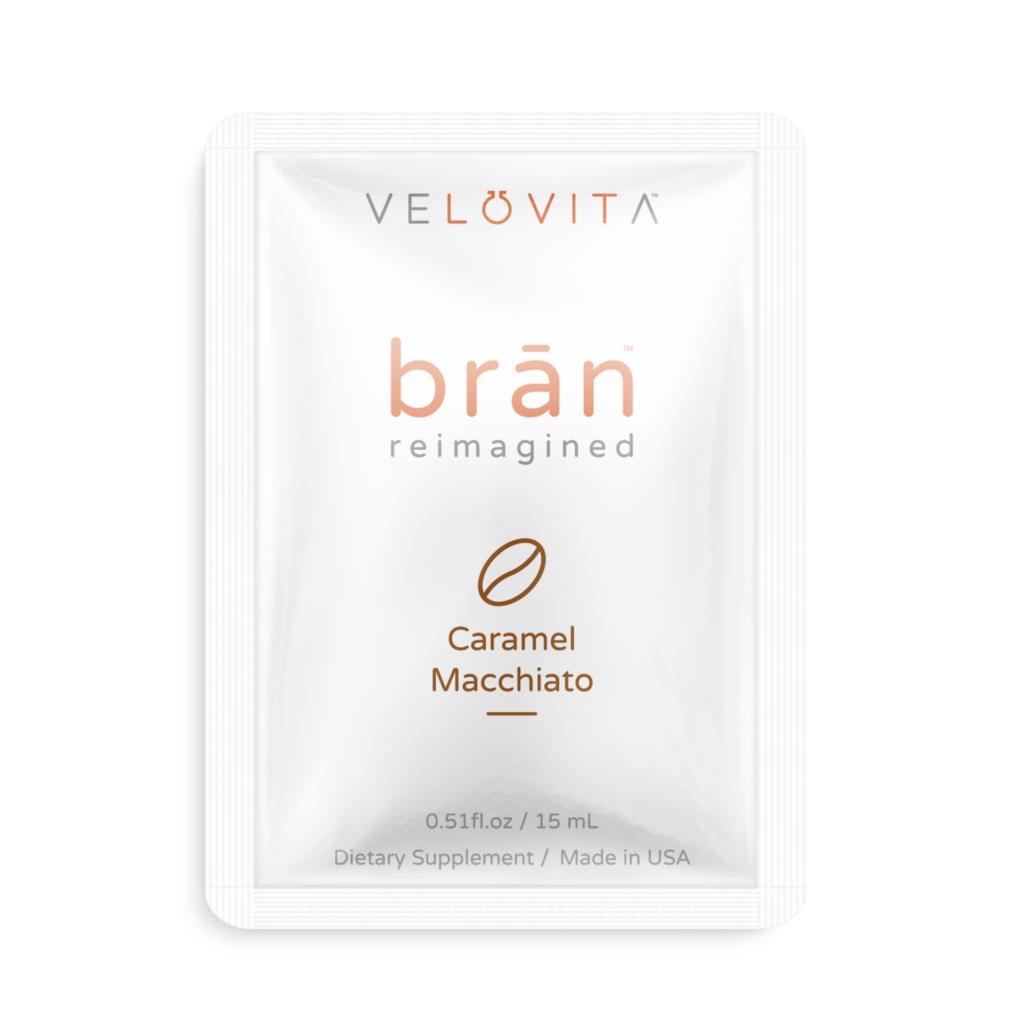
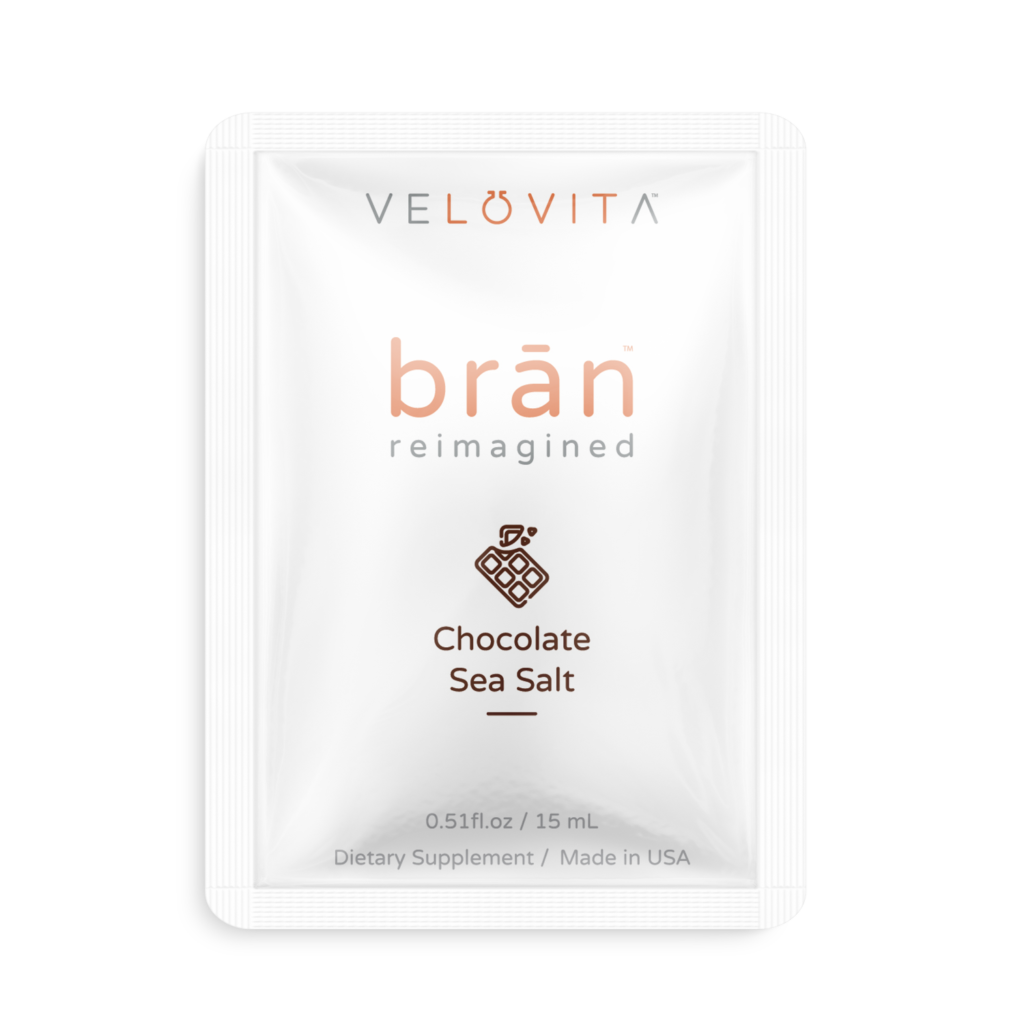
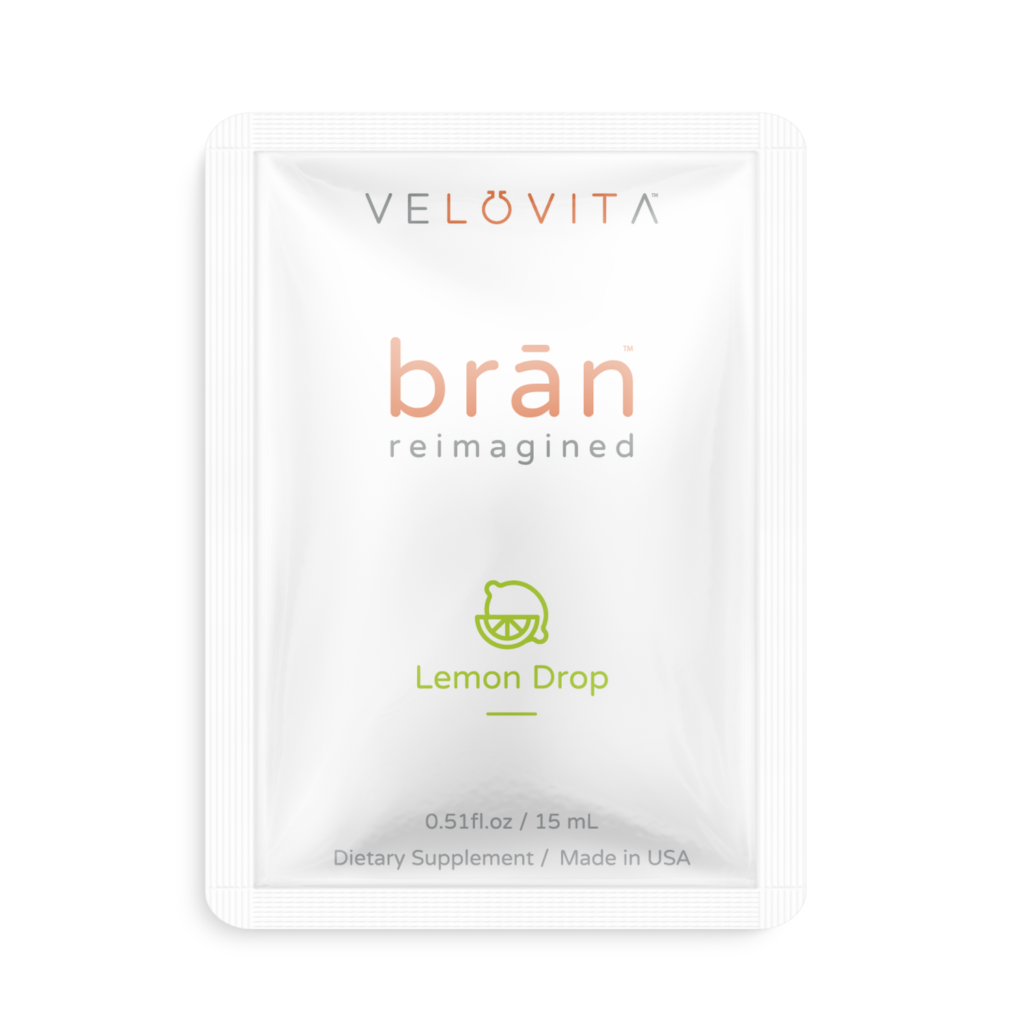
Whether you know it or not, almost everyone uses nootropics. For example, do you drink coffee in the morning? That’s right, coffee has caffeine, which is a nootropic. Caffeine has a natural stimulant that improves your thinking skills. It not only makes you feel alert, it provides several different chemicals or neurotrnsmitters for your brain. Including, acetylcholine that helps with short-term memory and learning.
Mostly, those interested in trying a nootropic are NOT staying with tea or coffee, but are going another direction. Dietary supplements, such as ginseng or gingko have not been proven by scientists, but still hold promise.
~ Here Is What I Found ~
Finally, after doing my research on cognitive health, I wanted to find out for myself because I feel that I am forgetting more than I should, not to mention getting older. I figure if there is a natural nootropic that can help us improve our brainpower, then I’m all in!
Here is one (shown below) that I ordered recently and have been taking one per day as directed for almost a week now. Honestly, the feeling you get is almost instant. I can only describe it as if you put on a pair of prescription glasses. Your site is blurred and can’t read the words, but put on your glasses and it all becomes clear.
It almost feels like it’s time released and last the entire day. Also, I find myself sleeping like a baby and wake up in the morning rested and ready to challenge the day!
I’m more alert, focused, and just ask my co-workers about the change in my mood. I seem to carry a smile even when I run into a roadblock at work. I not only complete my tasks on time, but in fact early and before they’re due. My boss asked me what I was doing differently, so I took a few samples to work for her to try. We’ll see what her experience is like when she gets back from vacation. I’ll post that later.
This comes in 3 different flavors including, Chocolate Sea Salt (#Lovit), Caramel Macchiato, and Lemon Drop. Each packet is called a SNAP that you bend in the middle and sip like a straw. They are compact and great for traveling.

So, I guess it’s not hard to tell that I am sold on this product and highly recommend giving this Super Nootropic a try for yourself.
Visit to Learn More & Get Yours!
SNAP!
For additional information on similar items, visit our HEALTH | FITNESS page.
